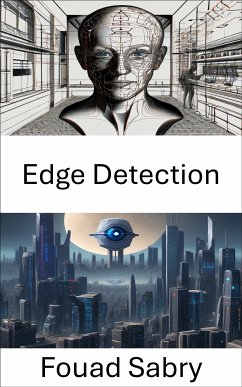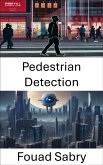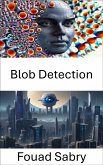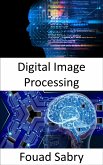Edge detection is a collection of mathematical techniques that are aimed at recognizing edges, which are defined as curves in a digital image at which the brightness of the image changes abruptly or, more formally, contains discontinuities. The difficulty of discovering discontinuities in one-dimensional signals is referred to as step detection, and the problem of finding signal discontinuities over time is referred to as change detection. Both of these techniques are used to find discontinuities in signals. The method of edge detection is an essential tool in the fields of image processing, machine vision, and computer vision, notably in the areas of feature detection and feature extraction.
How you will benefit
(I) Insights, and validations about the following topics:
Chapter 1: Edge detection
Chapter 2: Digital image processing
Chapter 3: Sobel operator
Chapter 4: Roberts cross
Chapter 5: Canny edge detector
Chapter 6: Marr-Hildreth algorithm
Chapter 7: Scale-invariant feature transform
Chapter 8: Discrete Laplace operator
Chapter 9: Scale space
Chapter 10: Prewitt operator
(II) Answering the public top questions about edge detection.
(III) Real world examples for the usage of edge detection in many fields.
Who this book is for
Professionals, undergraduate and graduate students, enthusiasts, hobbyists, and those who want to go beyond basic knowledge or information for any kind of Edge Detection.
Dieser Download kann aus rechtlichen Gründen nur mit Rechnungsadresse in A, B, BG, CY, CZ, D, DK, EW, E, FIN, F, GR, H, IRL, I, LT, L, LR, M, NL, PL, P, R, S, SLO, SK ausgeliefert werden.









